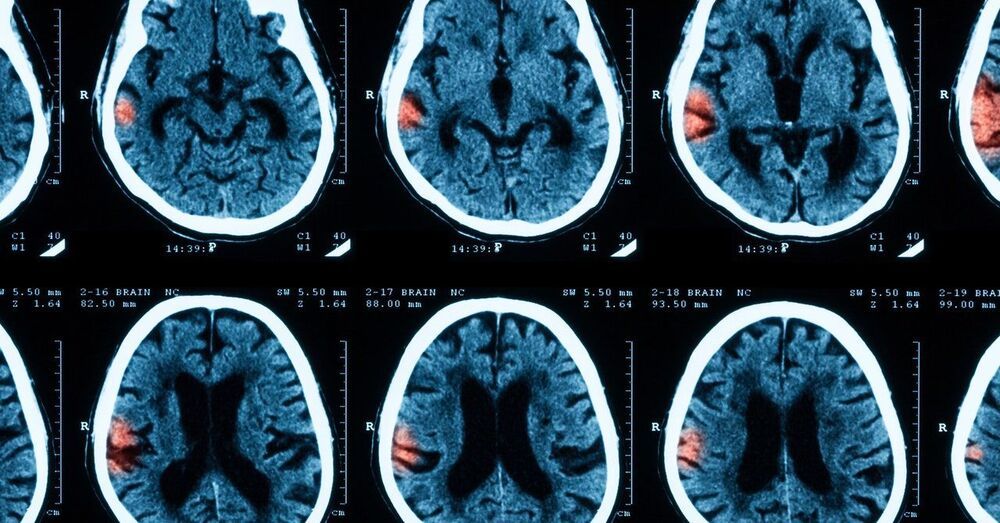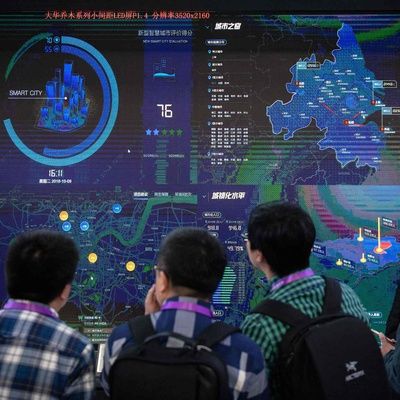The Facebook research builds upon steady progress in tweaking deep learning algorithms to make them more efficient and effective. Self-supervised learning previously has been used to translate text from one language to another, but it has been more difficult to apply to images than words. LeCun says the research team developed a new way for algorithms to learn to recognize images even when one part of the image has been altered.
Most image recognition algorithms require lots of labeled pictures. This new approach eliminates the need for most of the labeling.








